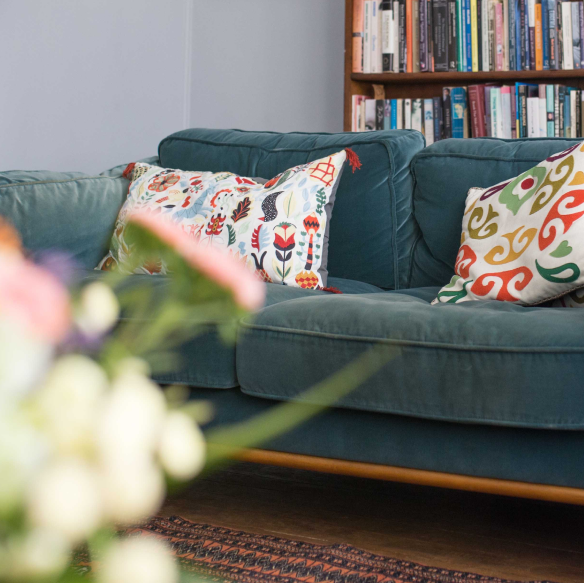The Jetty Clinic


Move from functioning to flourishing
Therapy is a foundational tool for a self-aware and healthy life. The Jetty Clinic offers counselling, psychology, and psychotherapies, all tailored to your unique story. Transformation starts with talking and building insight. Invest in your emotional, mental, and relational health.
Enquire Now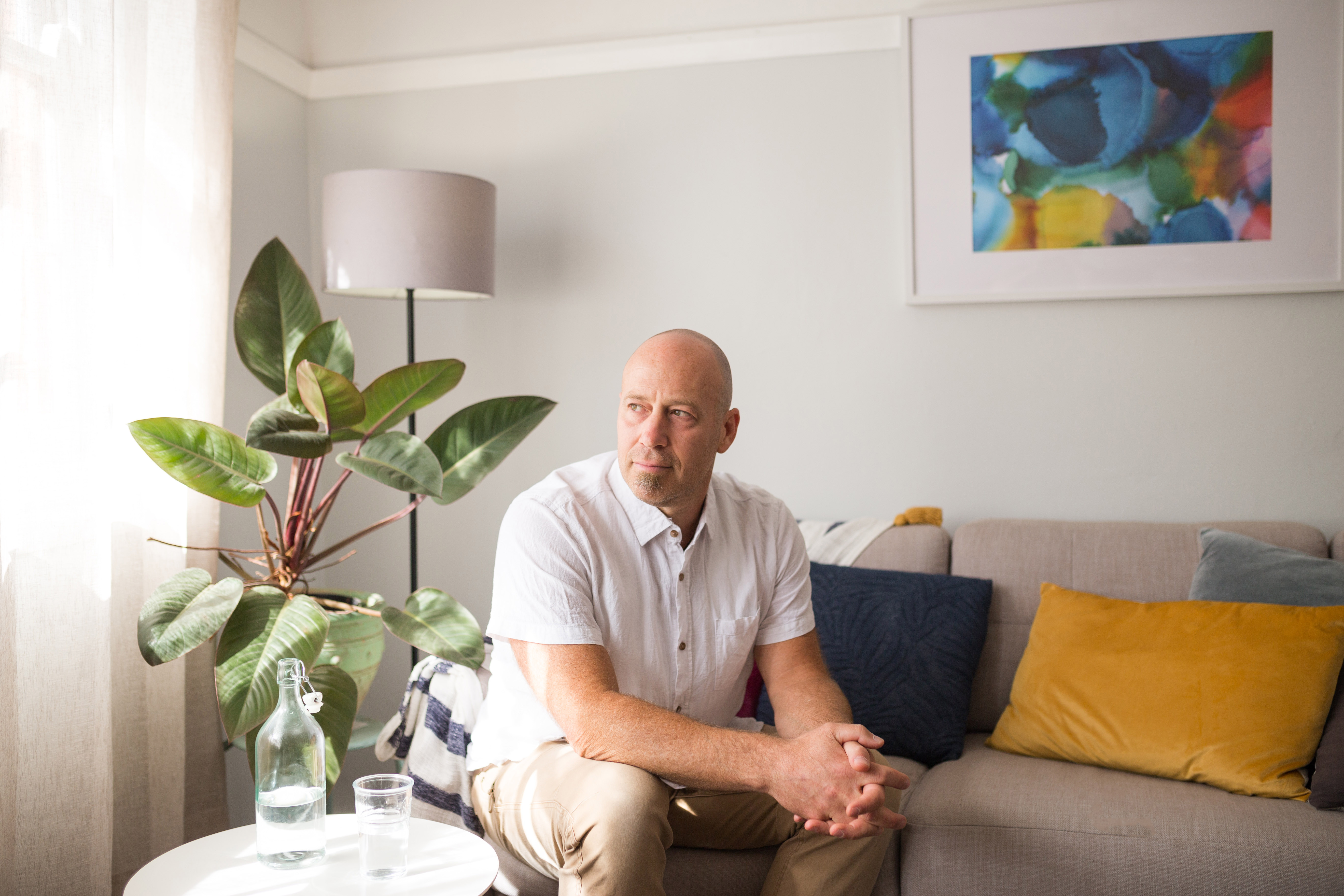
We address the whole person, and work toward real change
We don’t pathologise or blame the past. We go beyond short-term symptom relief. We deliver therapy which is pragmatic and deeply philosophical. Our unique approach to therapy is integrative; we implement multiple forms of talk-therapy alongside body-based practices.
Our ApproachExplore our specialities
Our Practitioners
Our team is as diverse as our clientele. Our backgrounds, personalities, practices, and research specialities vary, but we are united in our commitment to evidence-based, client-centred therapy.
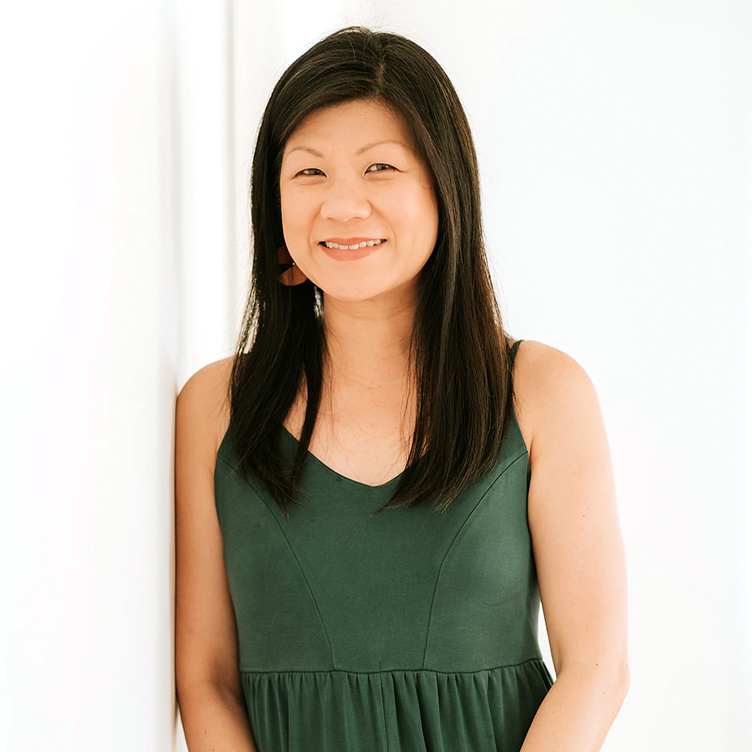
Tricia Ang
Art Therapist, Psychotherapist, Child & Family Therapist
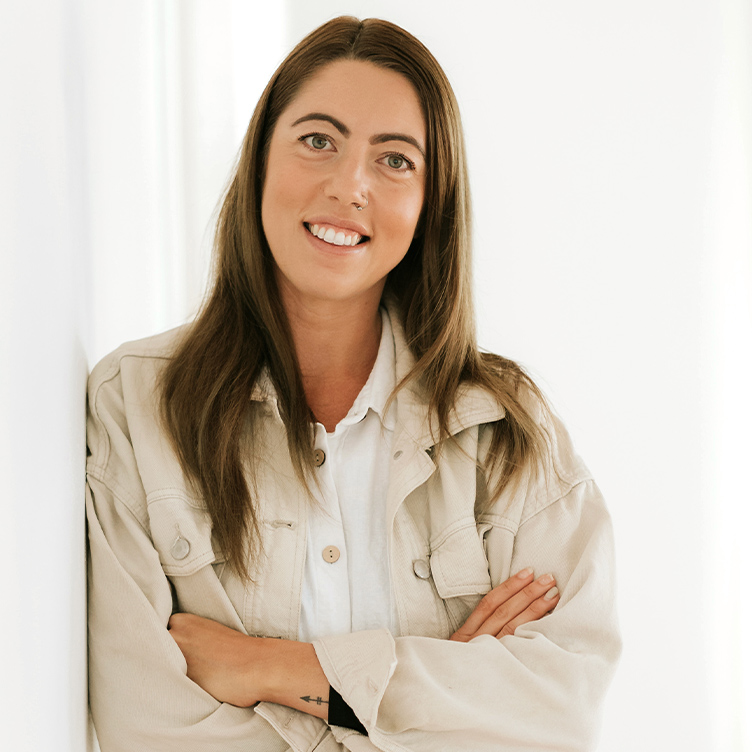
Katie Stevens
Administration
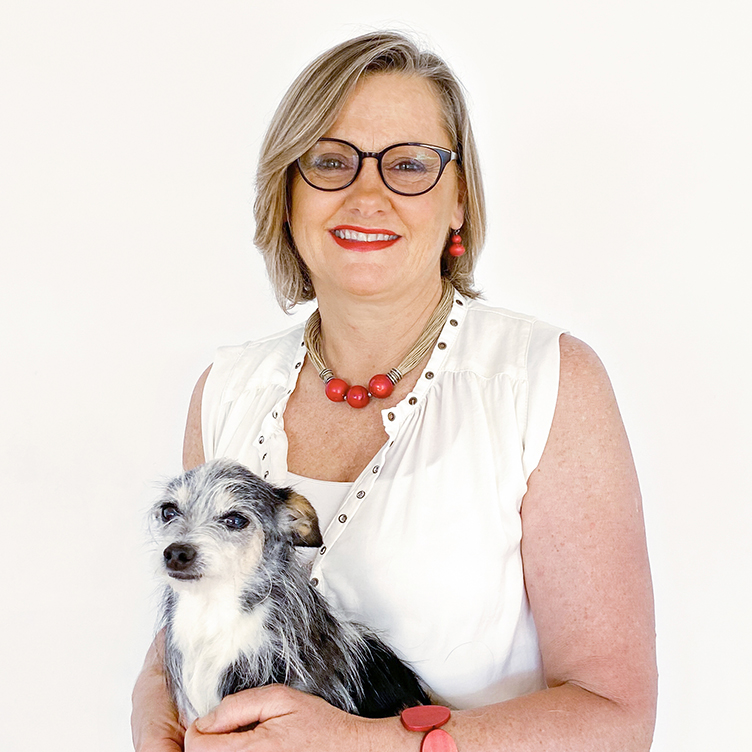
Dr. Amanda Peyton
Counselling Psychologist, EFT Therapist and Supervisor, Relationship Counsellor
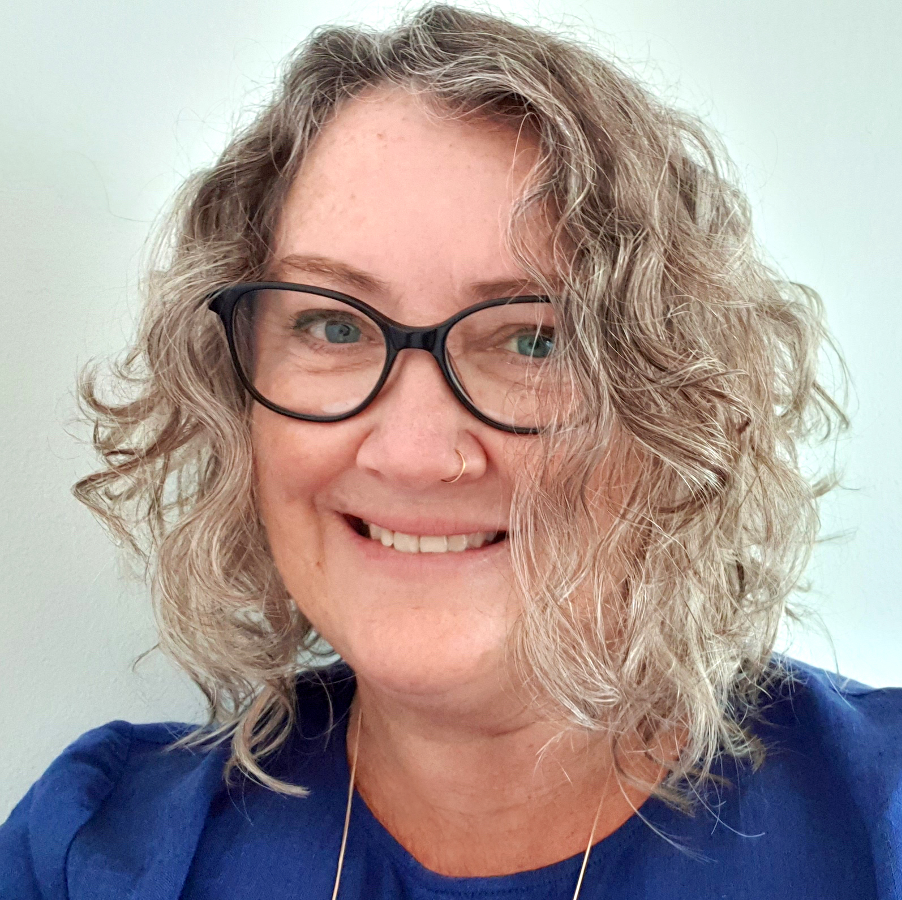
Lisa Kennerley
Counsellor, Psychotherapist, Relationship Counsellor

Anna Curtis
Psychologist, Relationship Counsellor
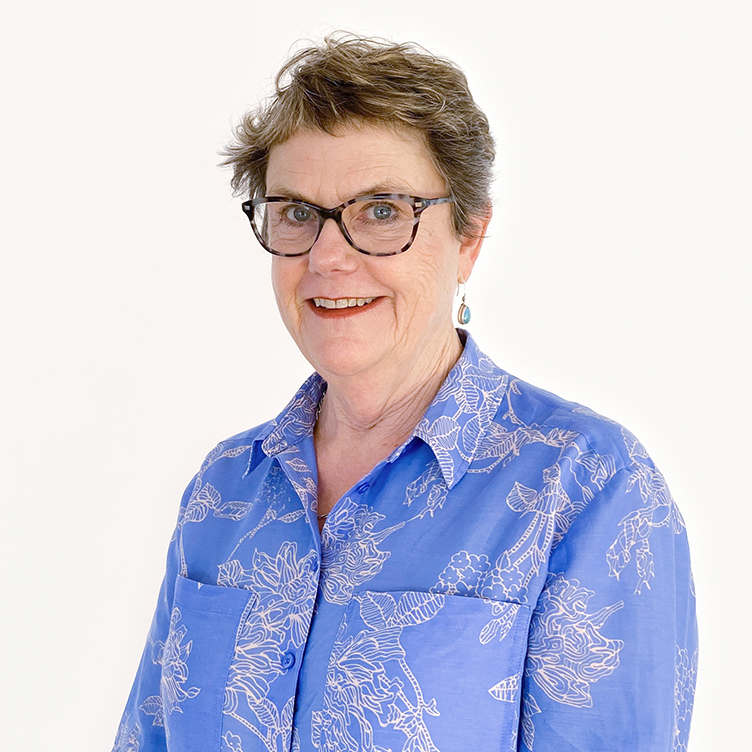
Margot Edwards
Psychotherapist, Mental Health Occupational Therapist
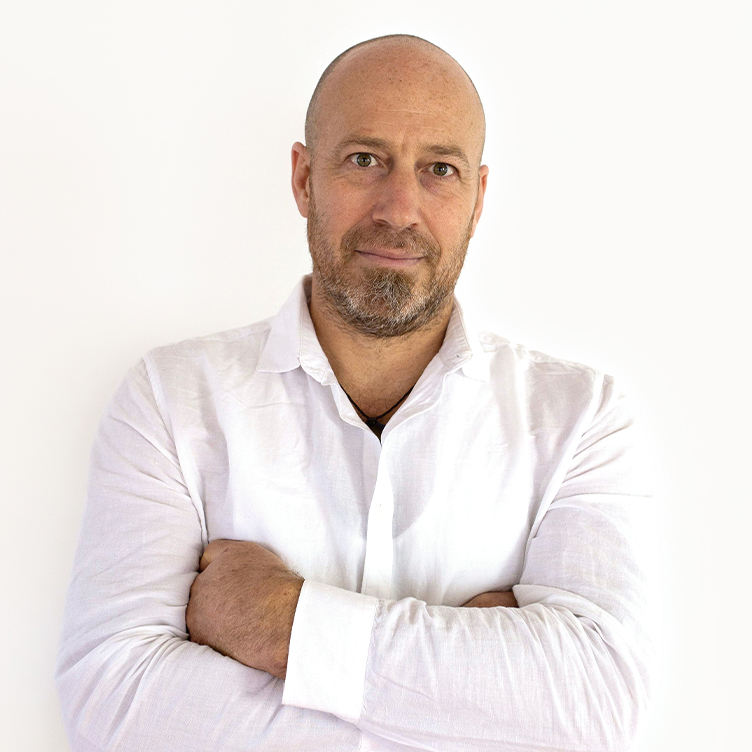
Nigel Polak
Psychotherapist, Counsellor, Relationship Counsellor
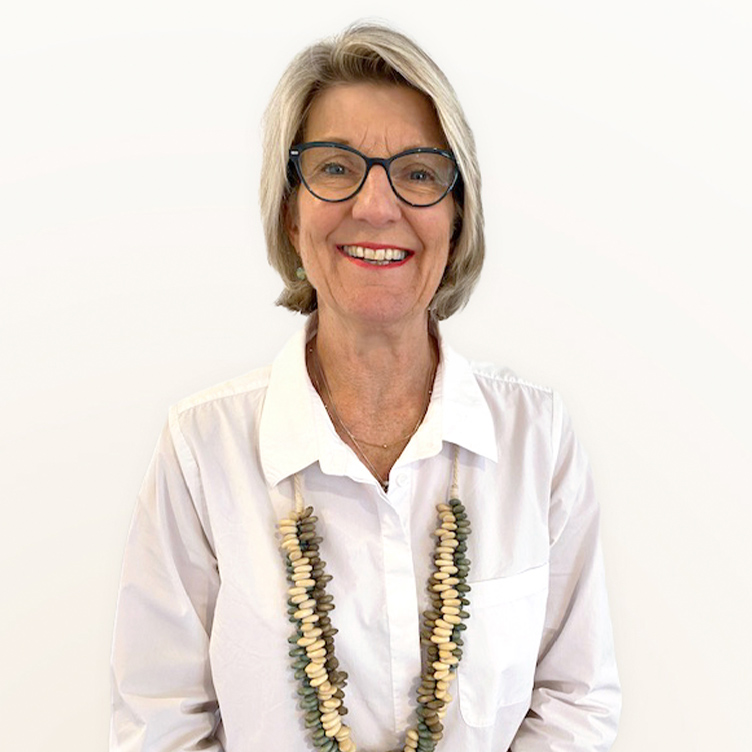
Kim Pearce
Psychotherapist, Oncology Counsellor
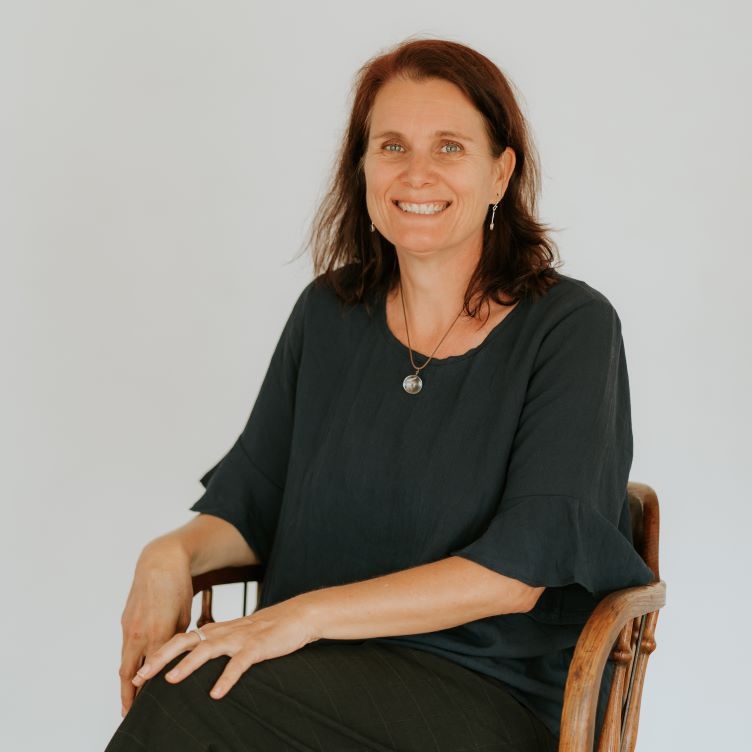
Naomi Jennings
Relationship Counsellor, Psychologist
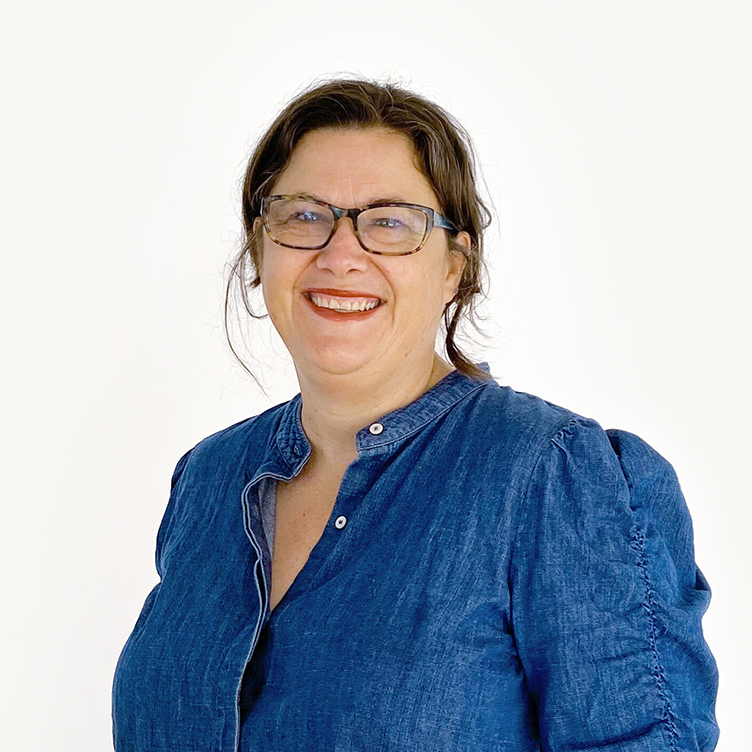
Rachel Viss
Counsellor, Social Worker, Child & Family Therapist, Relationship Counsellor
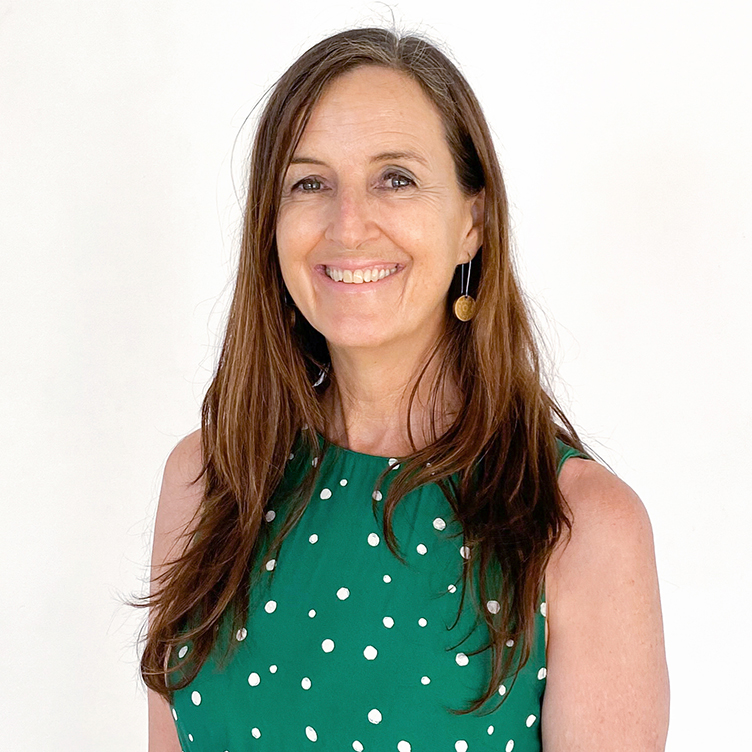
Lisa Brown
Psychologist, Certified Mindfulness-Based Stress Reduction Teacher, Yoga Teacher
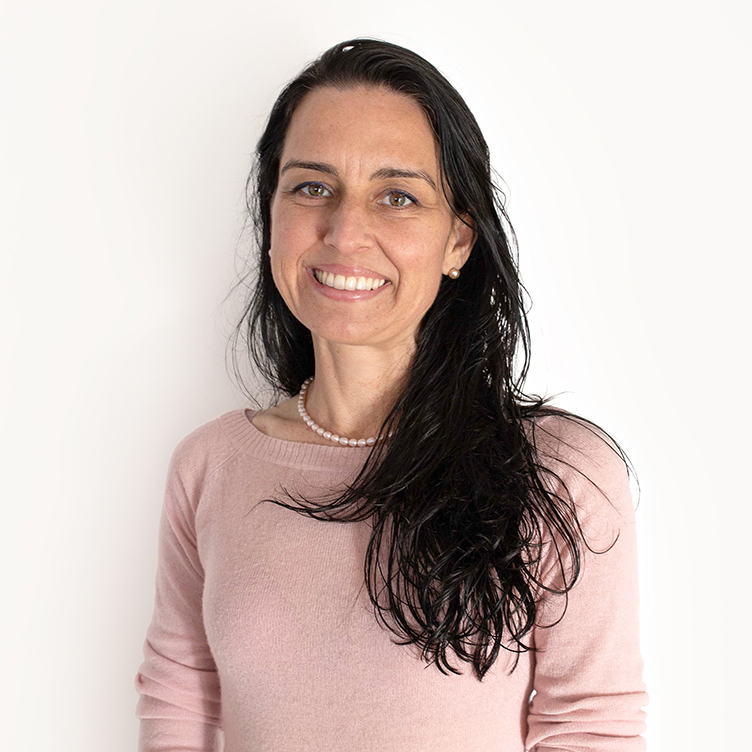
Jessica McMillan
Psychotherapist, Registered Psychologist
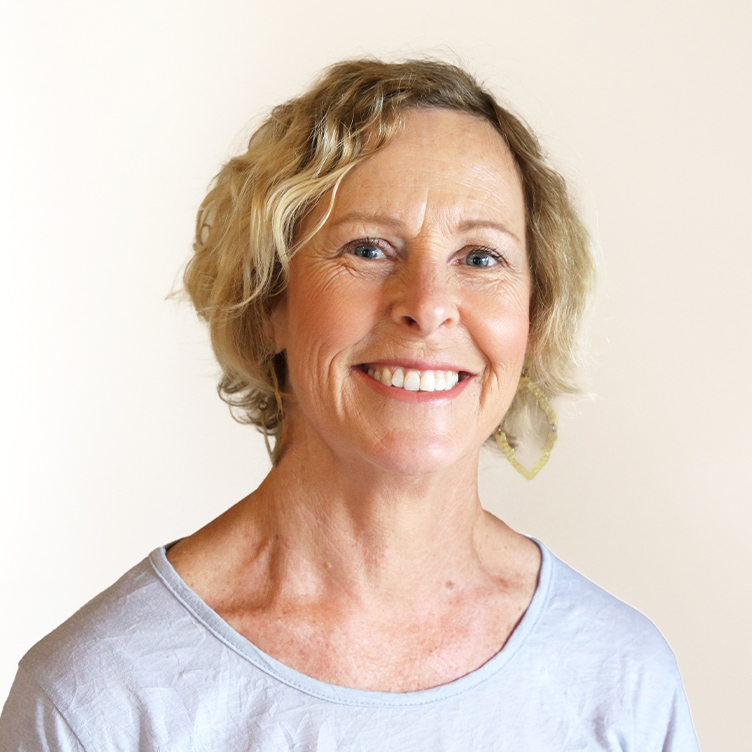
Gabrielle Asprey
Psychotherapist, Counsellor
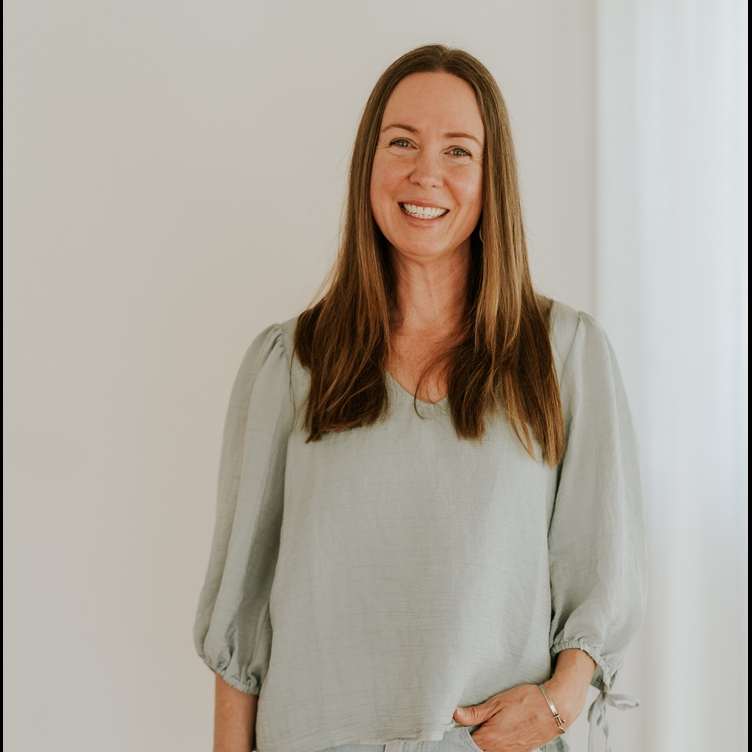
Karla Brettschneider
Registered Psychologist
Why pursue wellness with us?
Integrative practice
We take a whole-person approach and carefully combine a range of therapeutic modalities.
Experienced Professionals
Our team are knowledgeable, highly qualified, and leaders in their respective fields.
Diverse & Inclusive
Our community offers a warm and inviting experience for everyone.
Why you might need our help
Our practitioners have expertise in everything from day-to-day problem solving to providing treatments for acute and chronic clinical conditions. If you're not sure, please just get in touch and we can guide you to the right support for you.
- Depression
- Anxiety
- Addiction
- Eating Disorders
- Mood Disorders
- Personality Disorders
- Insomia
- Stress
- Disability
- Relationships
- Intimacy
- Gender & Sexulality
- Parenting
- Grief & Loss
- Life Transitions
- Cultural Disclocation
- Trauma & PTSD
- Child Sexual Assault
